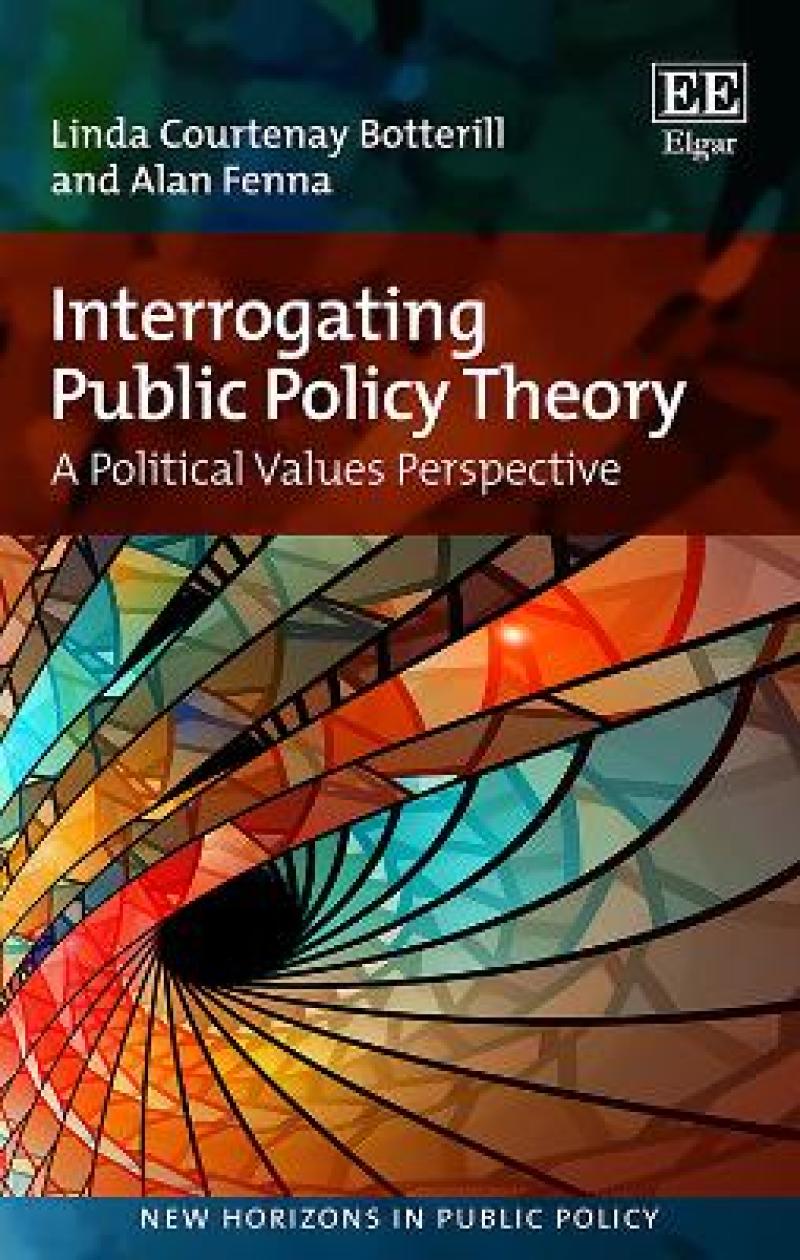<i>‘This book will be of great use to all those who study public policy (as teachers, graduate students or for academic research) to the extent that, while looking to the future of democratic societies, it provides an interesting map of the models and a critical examination of the dominant theoretical perspectives in public policies. I also consider it a reference for those who approach public policy from a professional point of view, which by describing the political process in a more realistic way, helps conceptualize the nature of political conflict. In short, the book by Linda Courtenay Botterill and Alan Fenna is interesting because it dismantles the complexes that political science may have with respect to other experimental sciences, in that search for rationality and accuracy, while reinforcing the epistemological advances of the social sciences that focus on human values and the relevance of taking into account the conflicts associated with the political process.’</i>
- Irene Belmonte Martin, Public Policy Management and Analysis Magazine,
<i>'In this provocative volume, Botterill and Fenna make a strong case that the policy sciences have gone wrong, almost from the start, in embracing the rational chimera of an ordered and evidence-informed policy process while ignoring or downplaying the messy, value-laden, struggle which actually is public policy making. Building from a cogent critique of three of the major contemporary frameworks in the policy sciences - the Advocacy Coalition Framework (ACF), the Multiple Streams Framework (MSF) and the Punctuated Equilibrium Theory (PET) - the authors argue that the insights which can be gleaned from political sciences-based research into public values, discourses, ideologies and conflicts serves as a much better base from which to construct a new Policy Science.'</i><br /> --Michael Howlett, Simon Fraser University, Canada<p></p>
<i>'The book combines critical analysis of established theories of the policy process illuminating their detachment from the political realities they seek to explain. By re-connecting analysis of public policy with politics, Botterill and Fenna's volume is set to become a key reference for social scientists concerned with the role values play in the policy process.'</i><br /> --Claire A. Dunlop, University of Exeter, UK<p></p>
<i>'This book provides a much-needed wake up call for students of public policy. Its core claim that values, indeed political values, are at the very heart of public policy making and that therefore they should occupy a central place in policy analysis, is right on the mark. For too long has the field been dominated by theories of the policy process that conveniently ignore this foundational insight. Instead of perpetuating as these models do the myth of a rational public policy, Botterill and Fenna's hard-hitting critique takes us back to what really matters: the clash between contending ideas of the good society and the role and limits of the state's public problem-solving capacity.'</i><br /> --Paul 't Hart, Utrecht University School of Governance, the Netherlands<p></p>
The book casts a critical eye over public policy theory, introduces the reader to research on human values, explores the importance of language, rhetoric and persuasion, and draws on the insights from various strands of psychology in order to understand the realities of policy making in liberal democracies. In so doing, Interrogating Public Policy Theory offers a refreshing alternative to existing analyses of the policy process.
This book will be a vital tool for public policy scholars, as well as those upper-level students searching for a map of the policy studies field and a critical examination of the dominant theoretical perspectives. It will also be a unique, and innovative, reference for public policy practitioners seeking more realistic accounts of the policy process that help conceptualize the nature of policy conflict.
